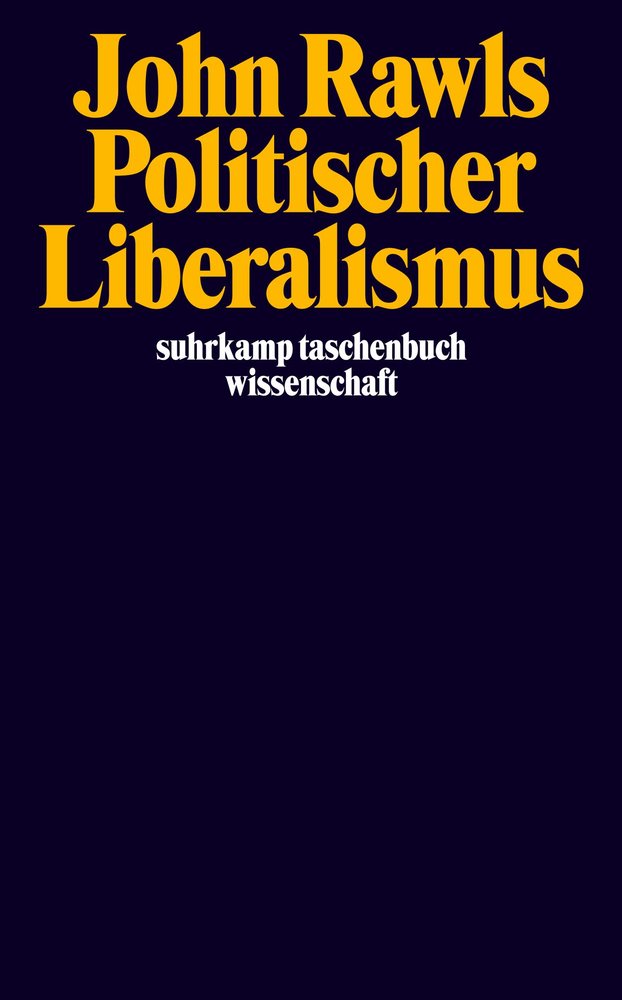In diesem Buch stellt John Rawls die in Eine Theorie der Gerechtigkeit entwickelte vertragstheoretische Auffassung von Gerechtigkeit als Fairneß in den weiteren Kontext einer allgemeinen Theorie politischer Legitimität und Gerechtigkeit. Dabei kommt es gegenüber der ursprünglichen Konzeption zu einer Reihe von Erweiterungen und Korrekturen. Sie betreffen insbesondere die Stabilität der Gerechtigkeit einer wohlgeordneten Gesellschaft. Ausgangspunkt des politischen Liberalismus ist die uneingeschränkte Anerkennung der Möglichkeit und des Faktums eines vernünftigen Pluralismus. Rawls zeigt die Begründbarkeit einer politischen Gerechtigkeitskonzeption in einer Gesellschaft, deren Mitglieder verschiedene und zum Teil entgegengesetzte religiöse und moralische Wertvorstellungen und Lebensauffassungen vertreten.


